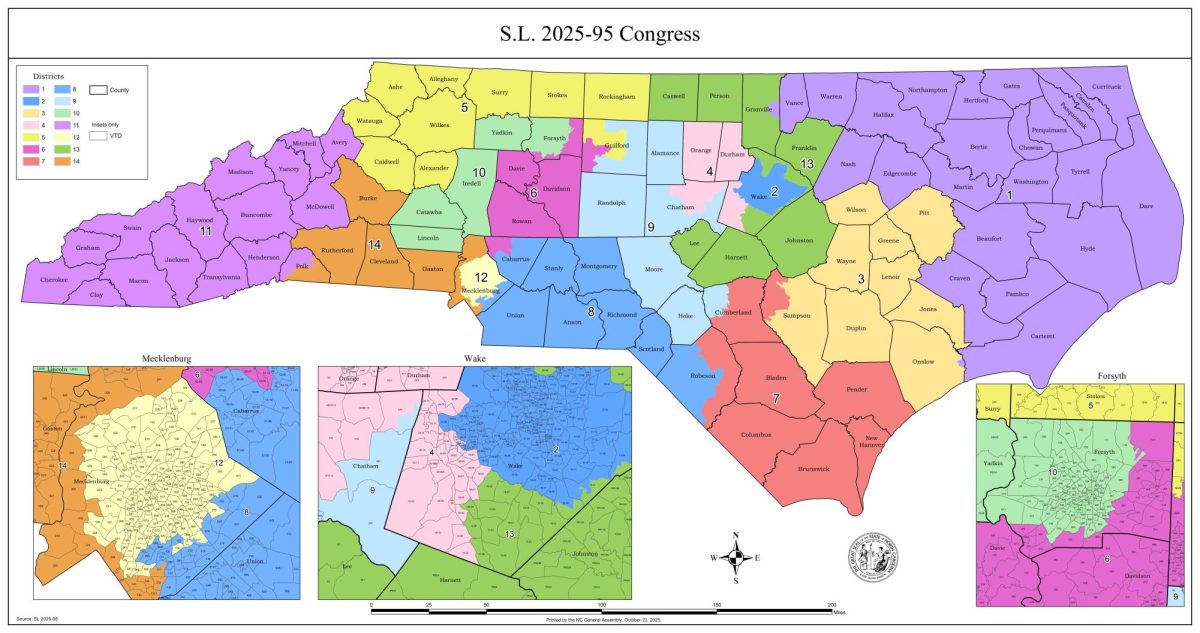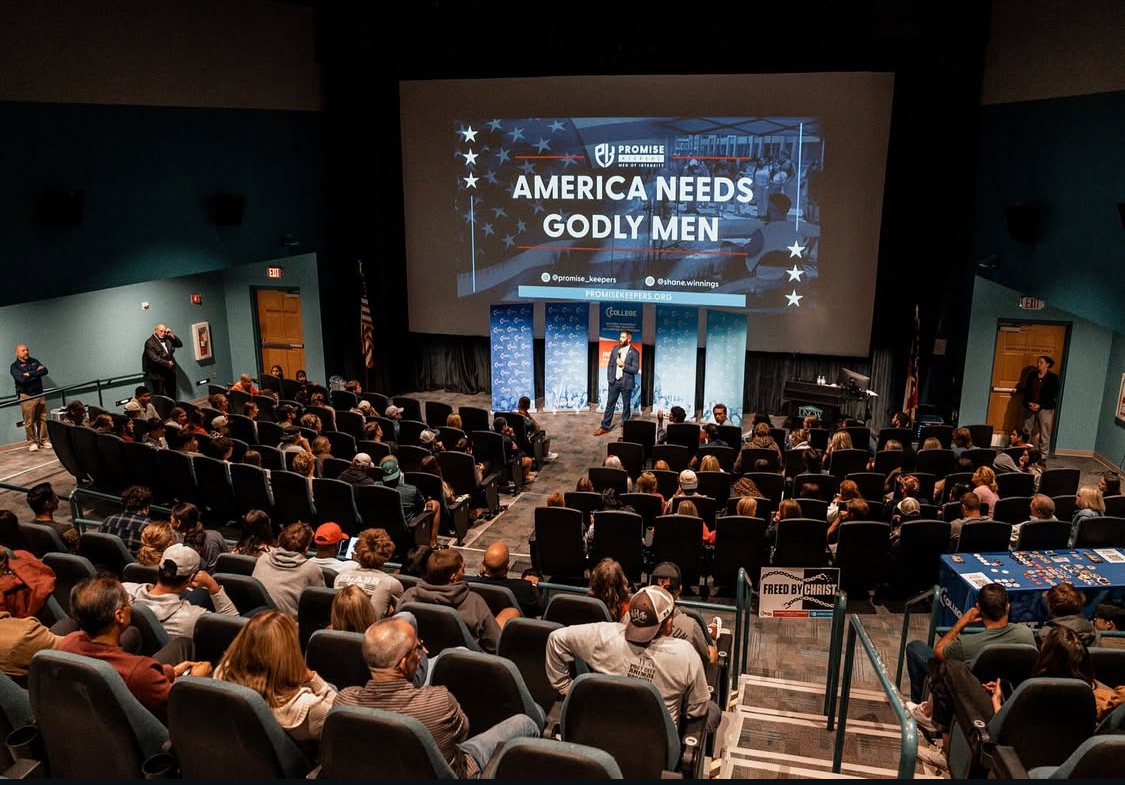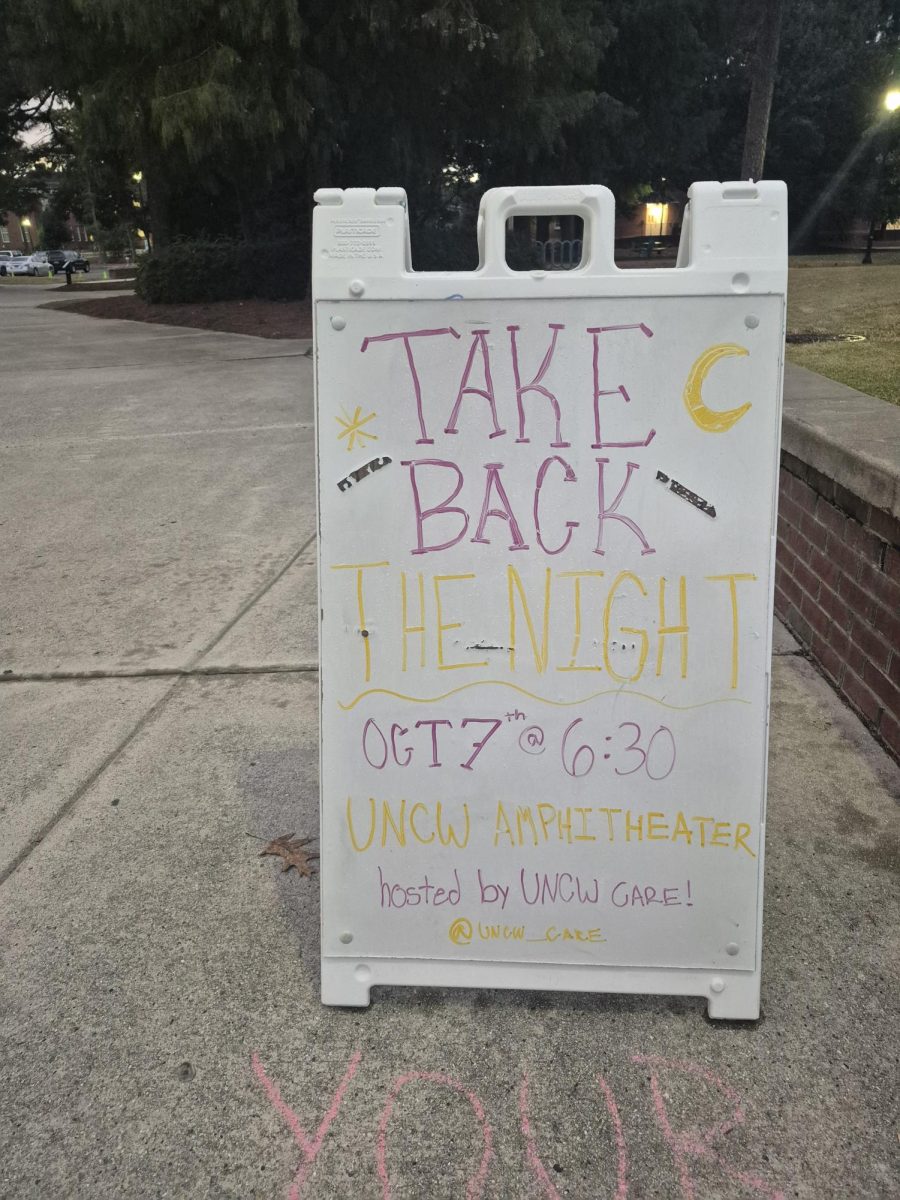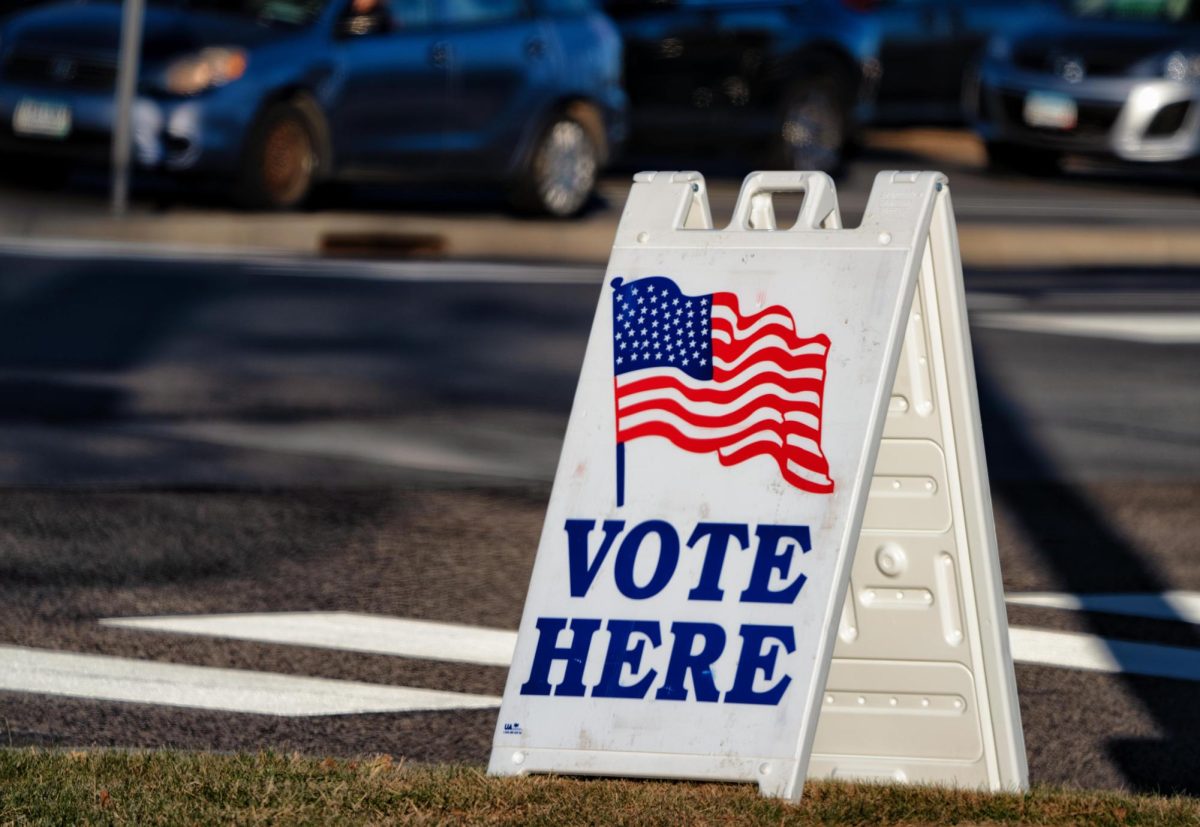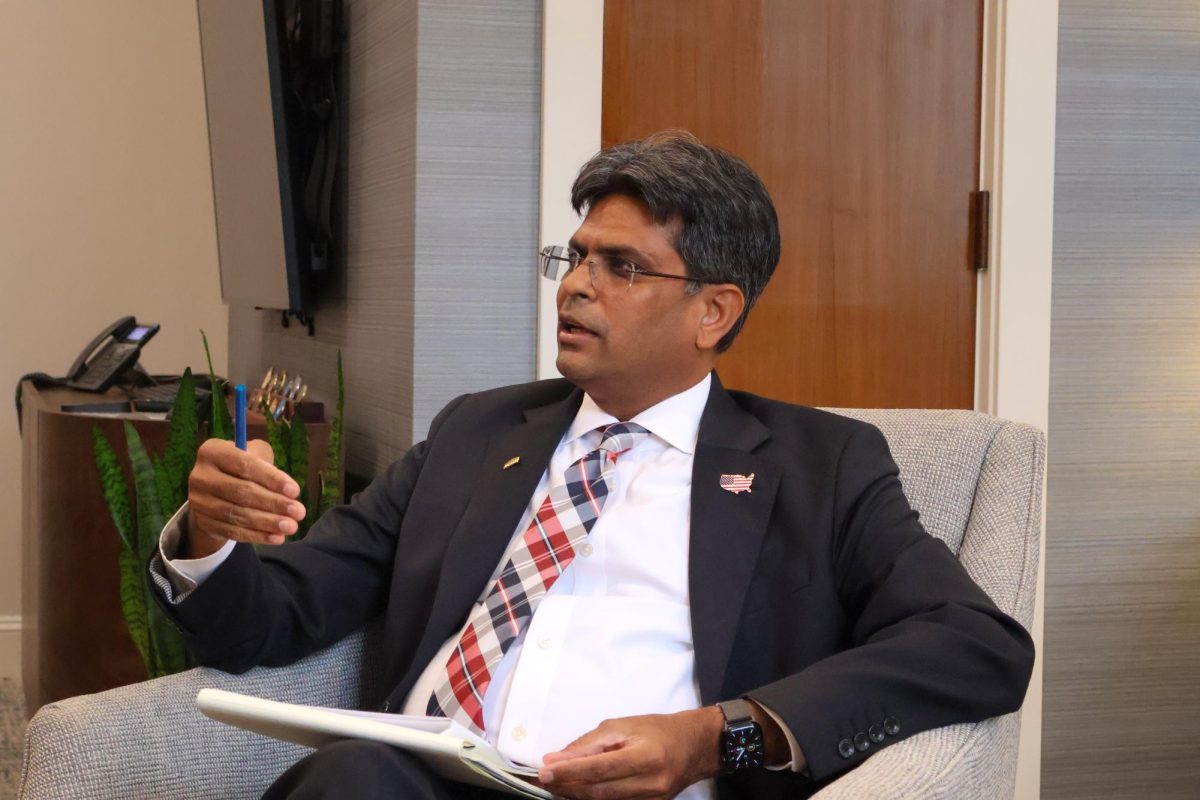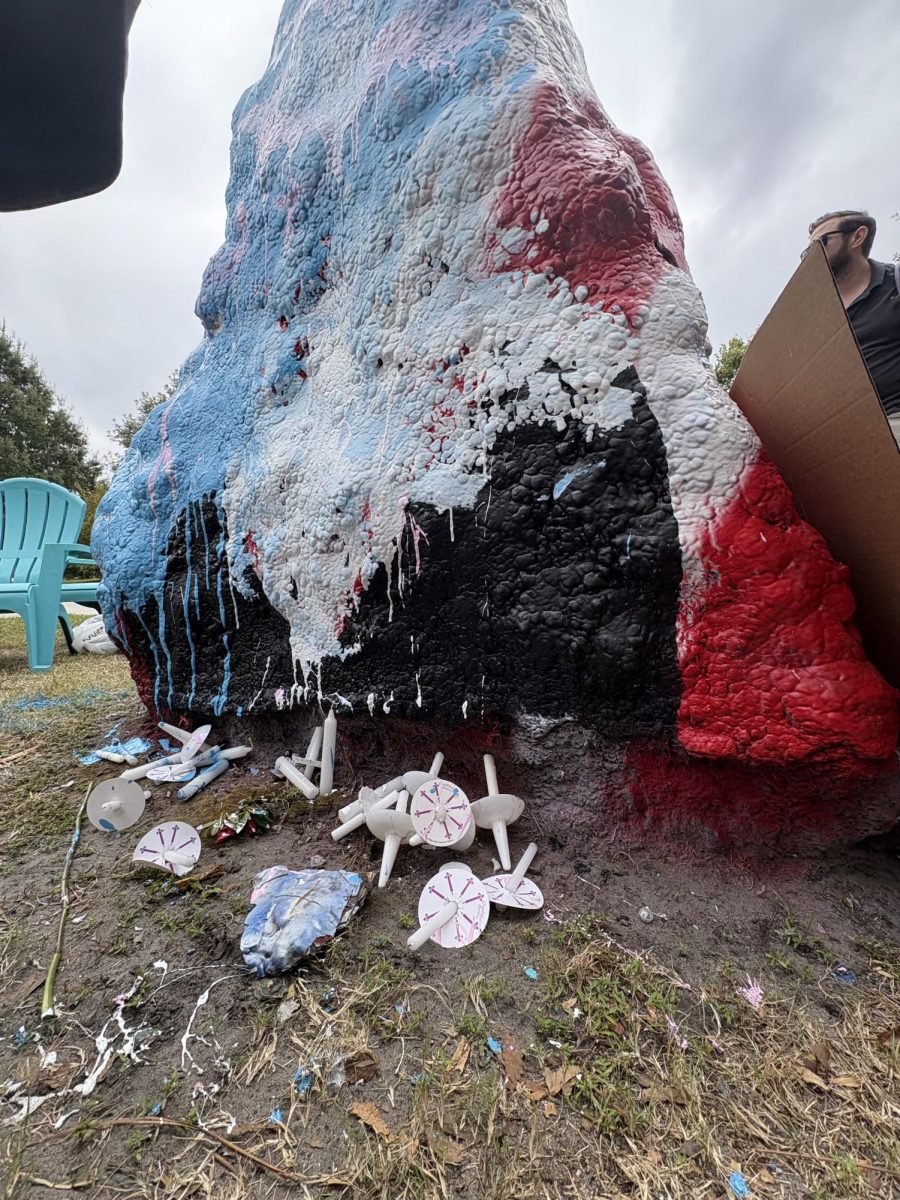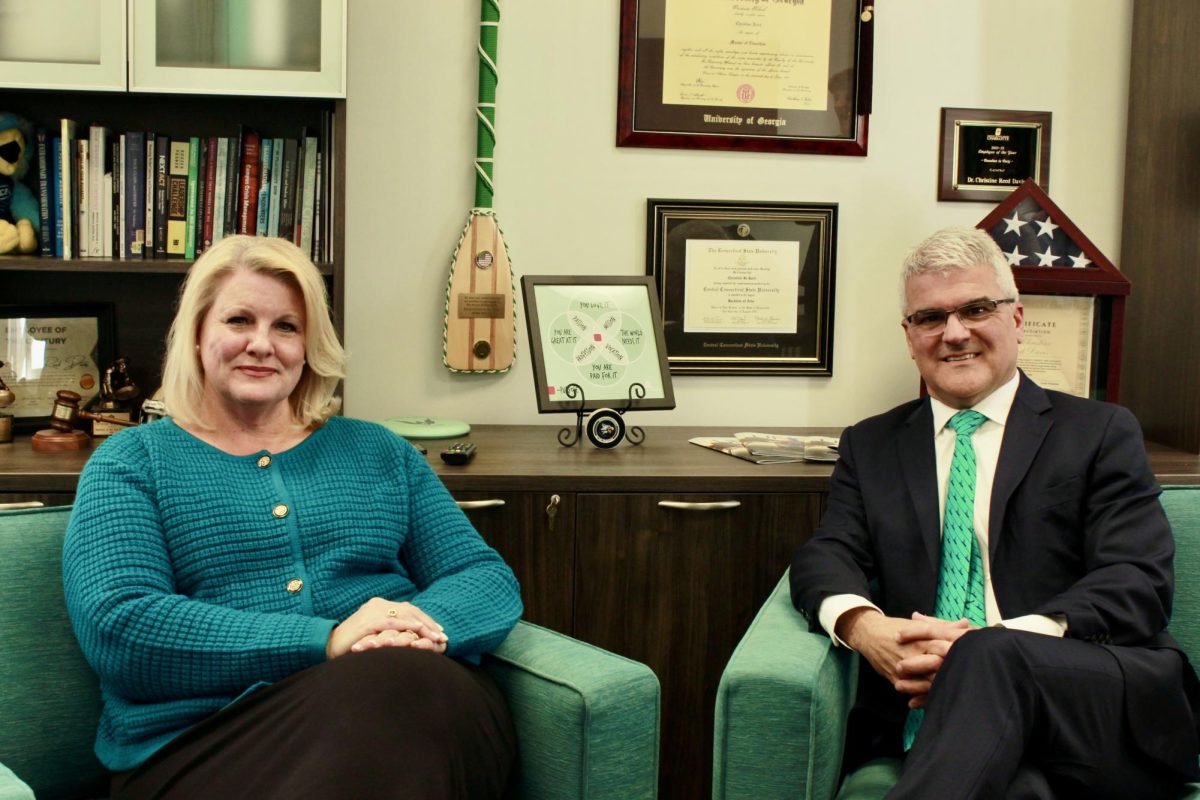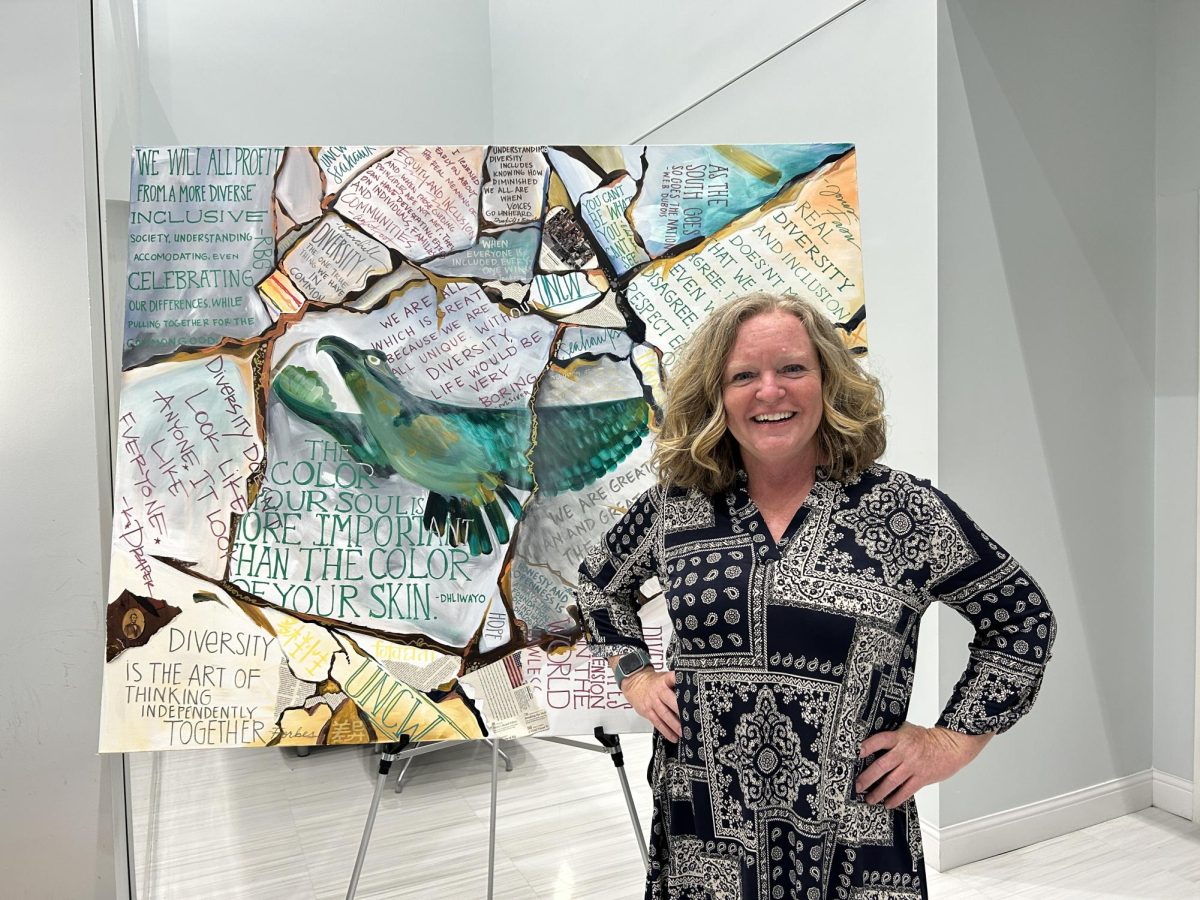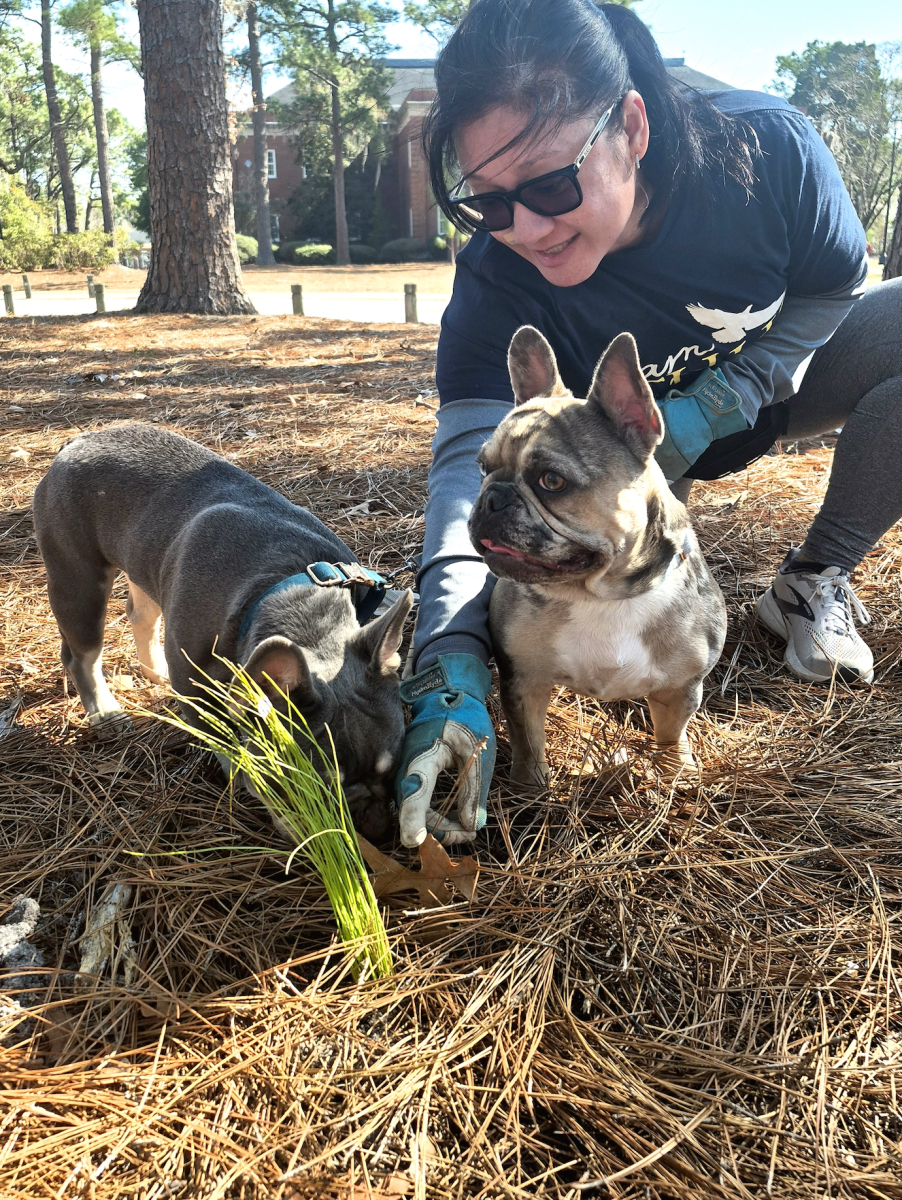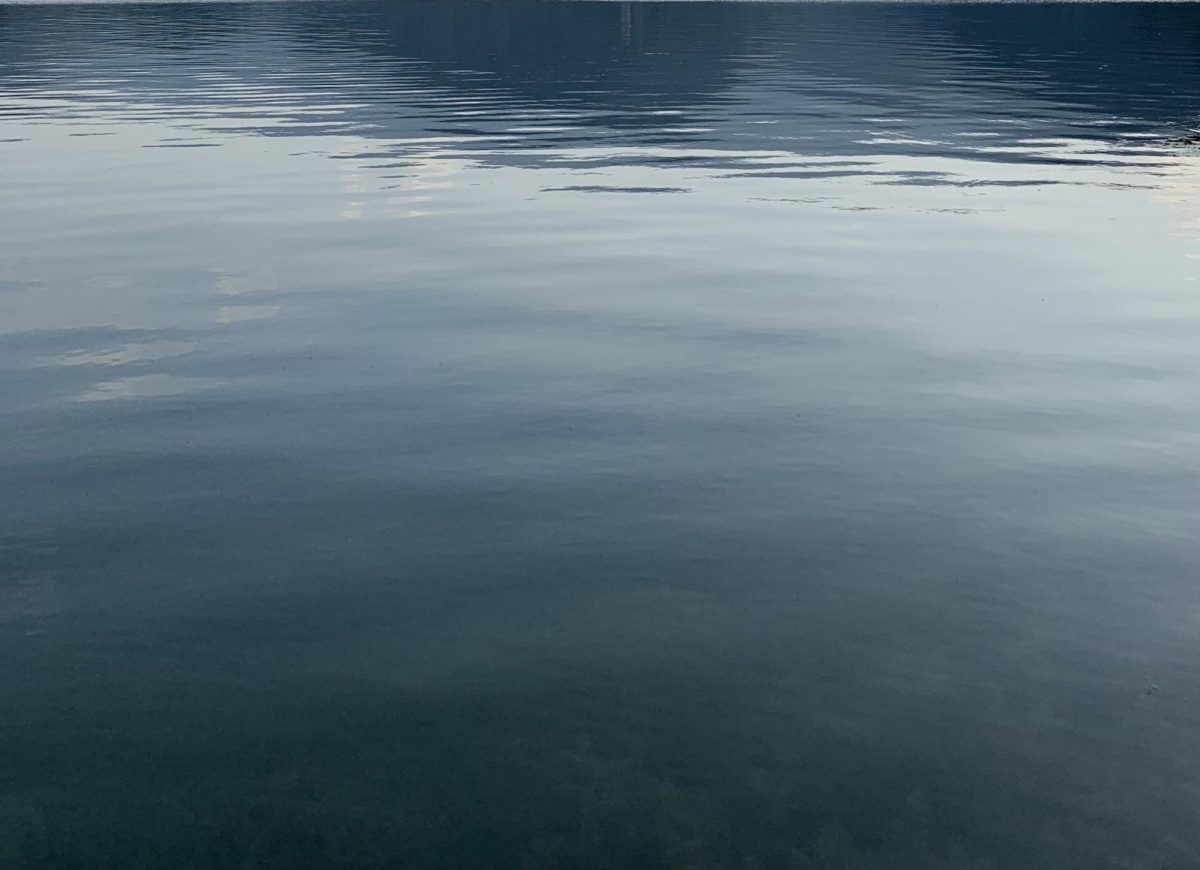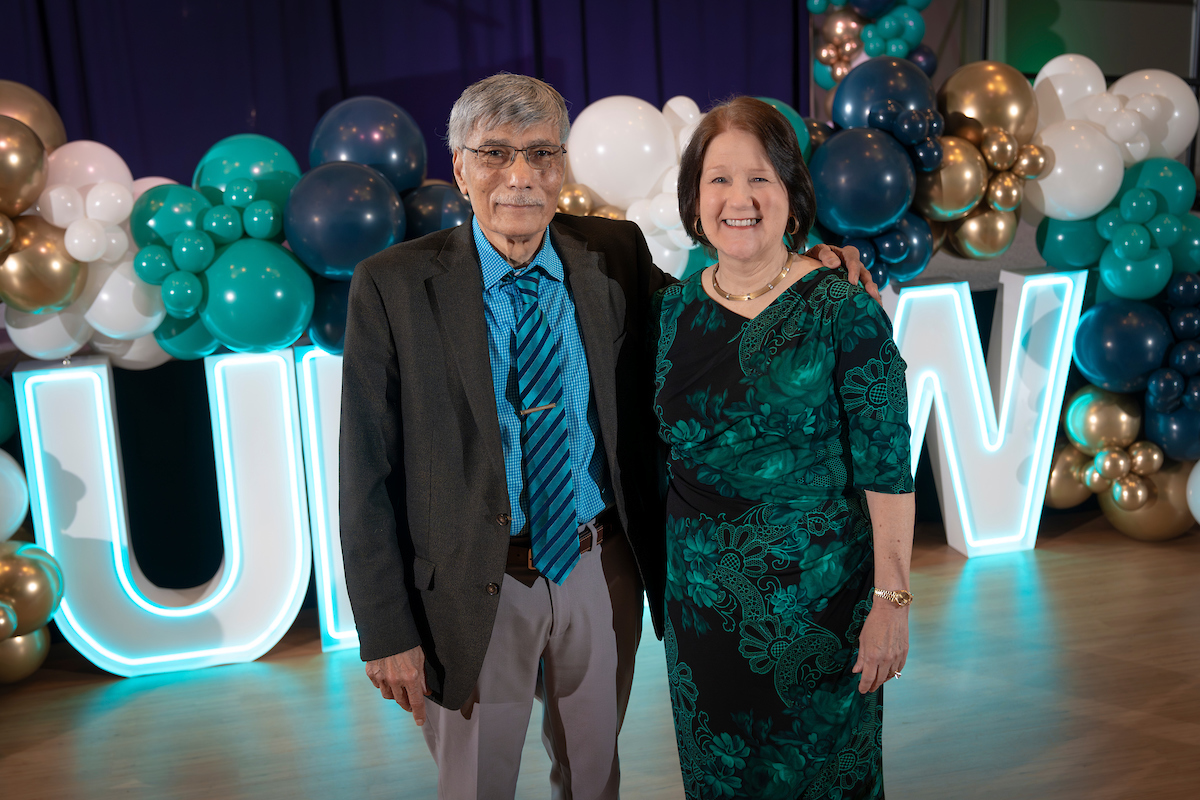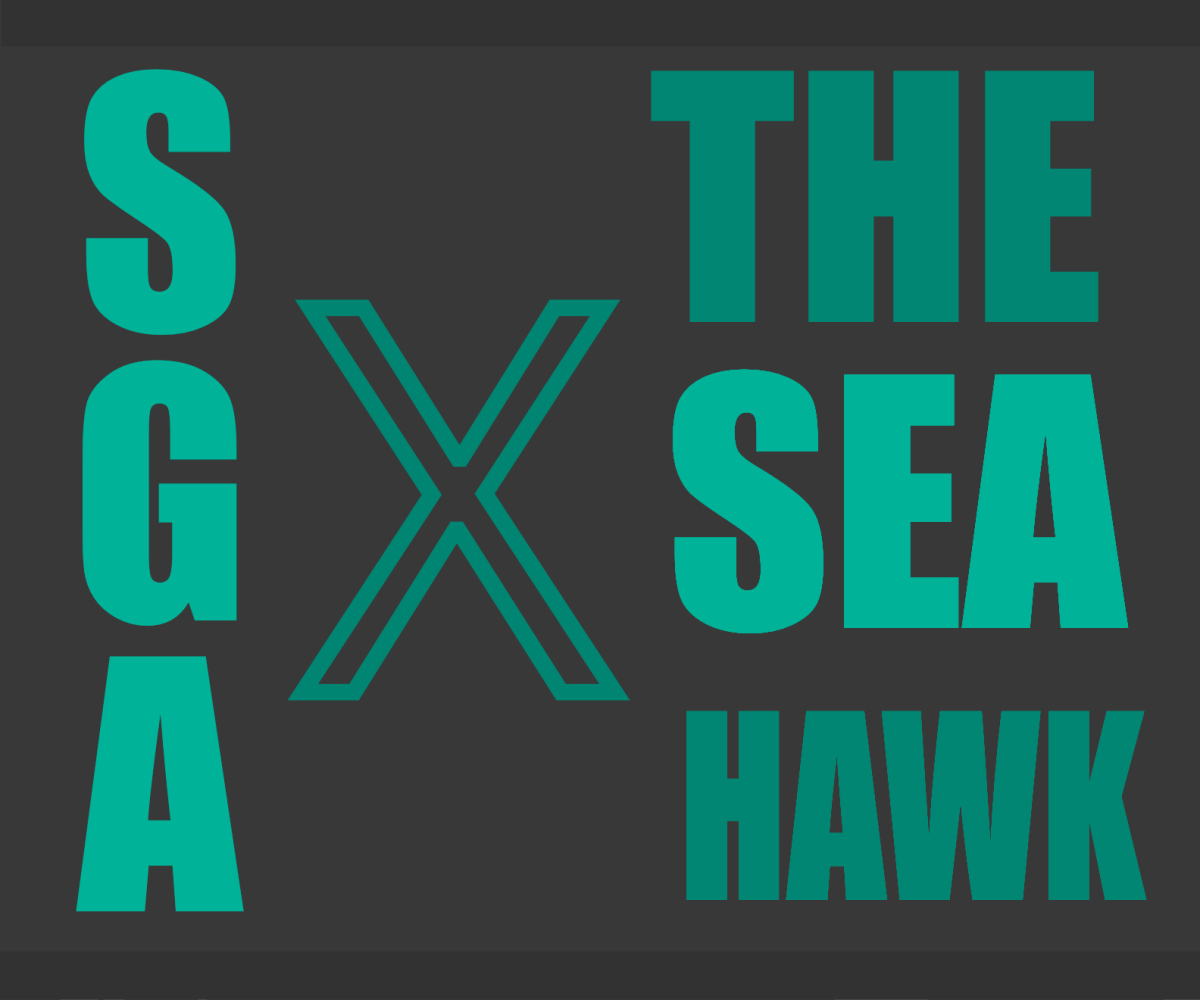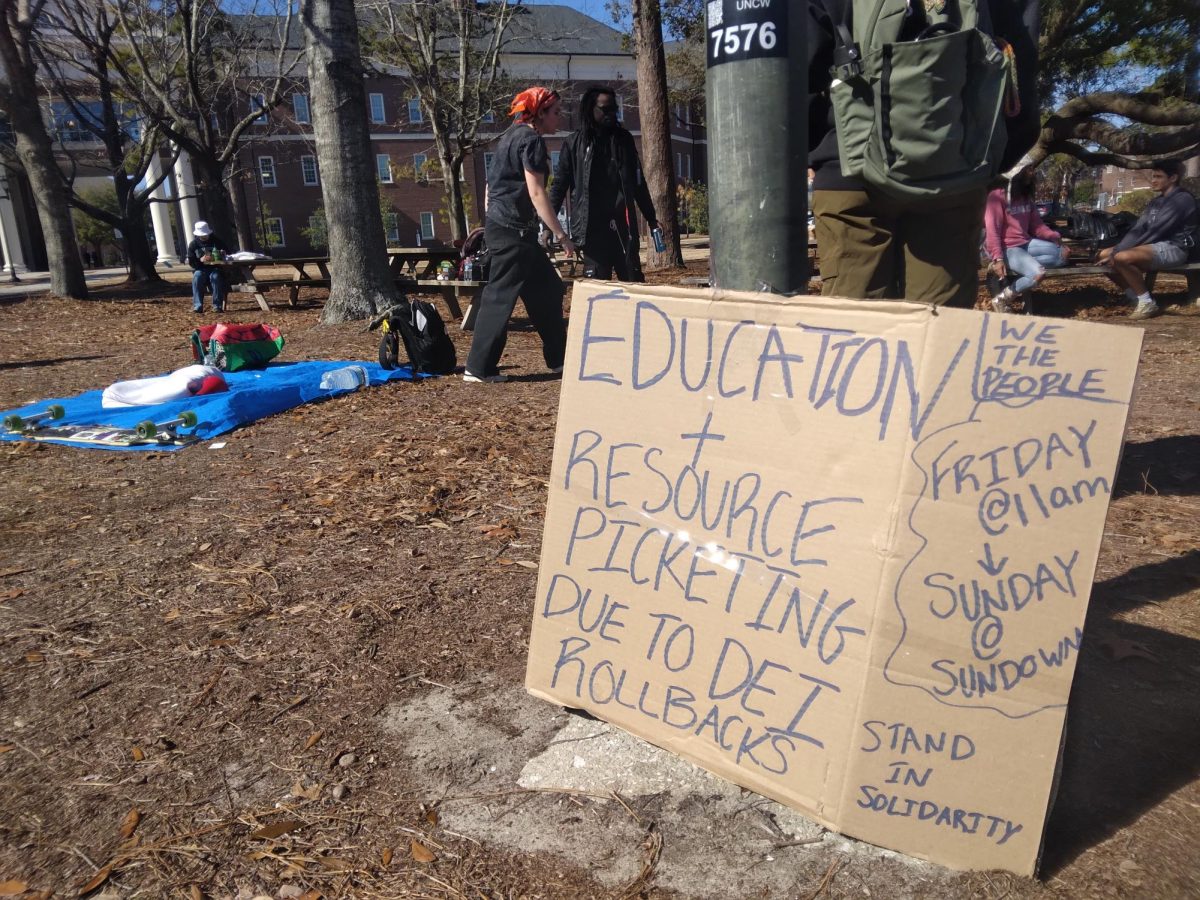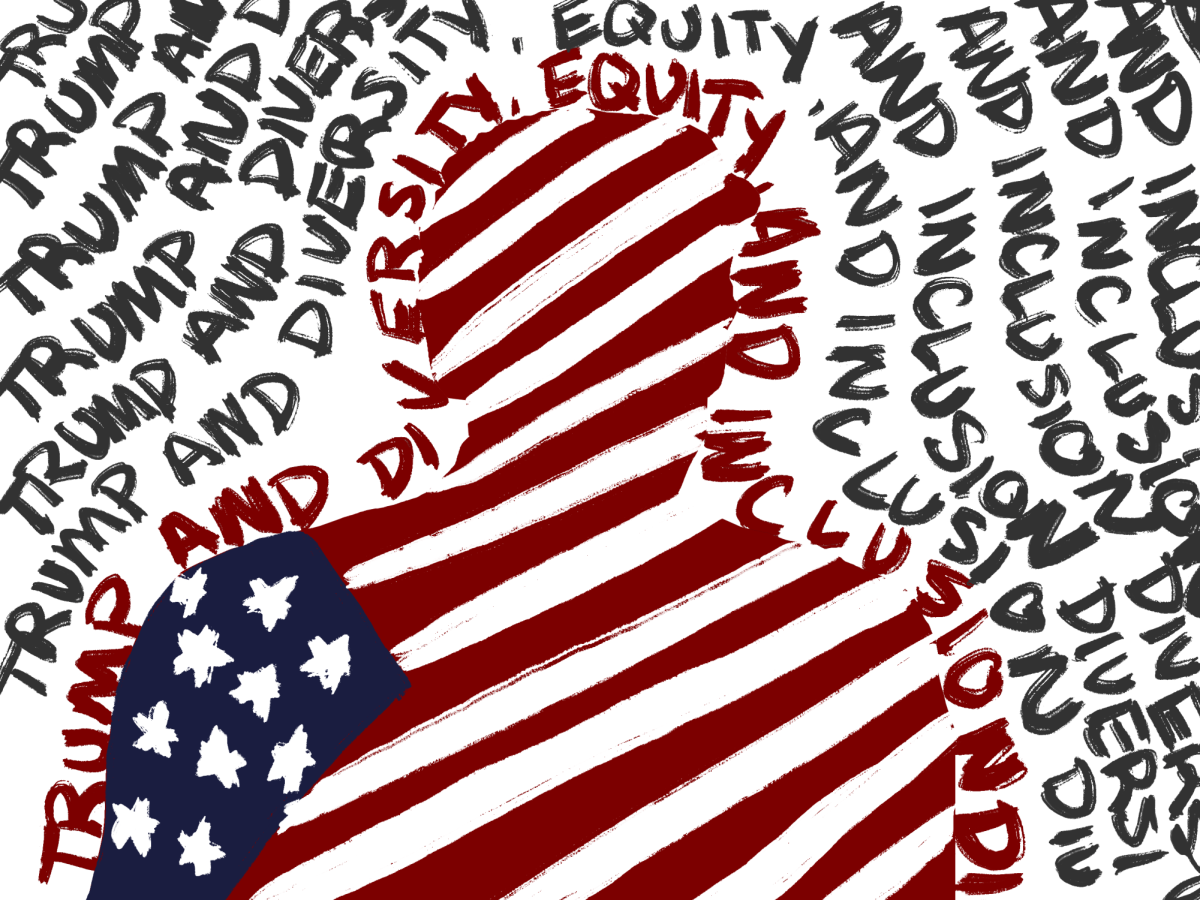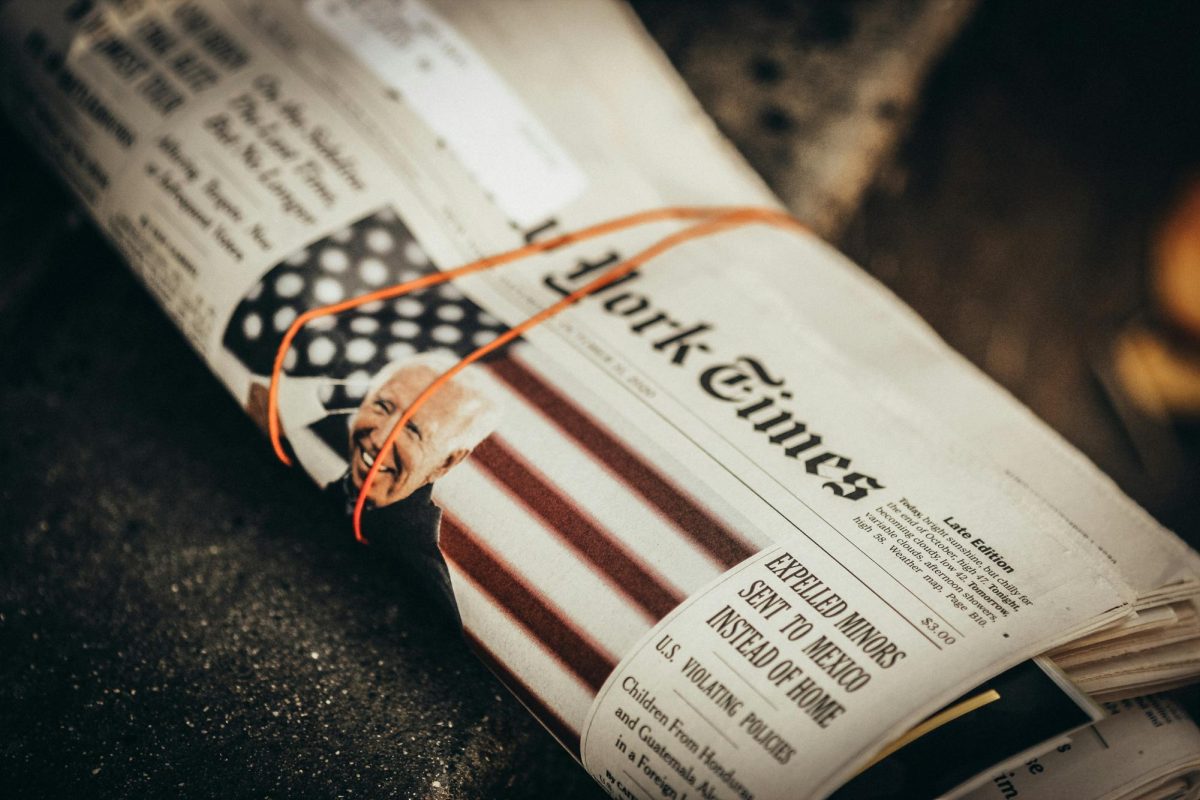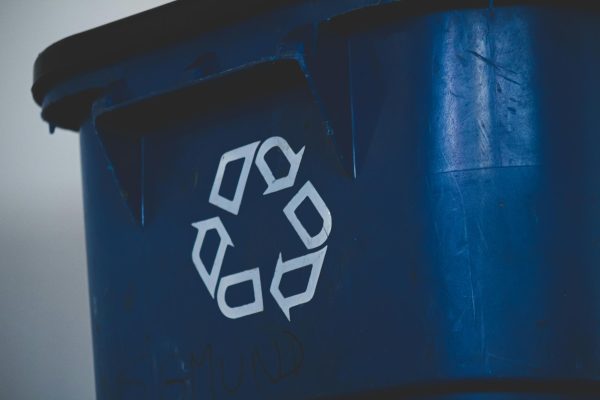
Throughout the month of March, UNCW’s Recycling Services participated in the Campus Race to Zero Waste Electronic Recycling Competition, a North American collaborative in partnership with the National Wildlife Federation. The competition, which originally started in 2001, takes place over an eight-week period, where various campuses across the United States and Canada are tasked with collecting waste that is recyclable. More than 1,000 schools, both private and public, participate each year; N.C. schools that participate are Elon, UNC-Asheville, ECU and UNCW. Electronics is the specific category that UNCW participates in.
Amelia Woodruff, UNCW Recycling’s Recycling Coordinator, is passionate about waste management, renewable resources, natural resource management and recycling. Woodruff stated that UNCW has been competing since 2013 and has placed seventh in 2016, seventh in 2020, 2nd in 2022 and 10th in 2023.
“The reason why we hone in on electronics is because, under Campus Race to Zero Waste, they do small, medium and large classifications,” Woodruff said. “So, we fall, based on our population, we fall in the large classification. It’s difficult for us to rank in the per capita division where it’s recycling per head at the university.”
According to Woodruff, over 470 tons of material are processed through UNCW Recycling annually. In 2017, the university collected 775 tons of material, a much larger amount, likely due to metal scraps and other damage from Hurricane Florence. However, electronics is where UNCW prefers to focus. Woodruff stated that Recycling receives everything from typewriters to Apple Mac Computers, and a variety of items in between.
“If you see a chord coming out of it,” she stated, “it has probably come through our recycling.”
Feletia Lee, UNCW Sustainability’s Chief Sustainability Coordinator, oversees Sustainability Coordinators and Peer Educators and maintains UNCW’s sustainable operations. UNCW Recycling and Sustainability often work together, especially with recycling labor tasks, alternative recycling projects and outreach for on-campus recycling programs. Lee also emphasized the importance of knowing one’s impact on the environment.
“Trying to be a little bit more circular, finding ways to lessen the amount of plastic in my life is one example,” Lee said. “To try and make sure that I can recycle things, that I can repurpose them, that I can reuse them – like what can I do before I have to throw it in a trash can?”
In a similar regard, Woodruff stated that, though recycling is crucial and important, it is not the solution to overconsumption – it is merely a treatment for the disease.
“Reduce and reuse come before recycling for a reason,” Woodruff said. “The industry itself can’t keep up with the amount that is produced without more extended producer responsibility.”
Both Lee and Woodruff elaborated on the unique perspective that UNCW students hold by being near the water. According to Our World in Data, around 1-2 million tons of plastic end up in the ocean each year. To learn more about how to get involved with UNCW Sustainability, click here and UNCW Recycling, click here. To learn more about Campus Race to Zero Waste’s impact and mission, click here.



